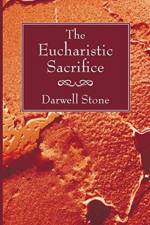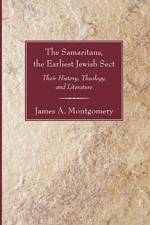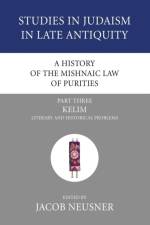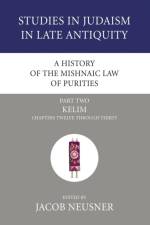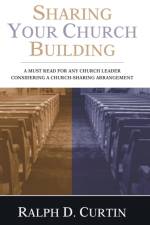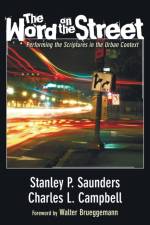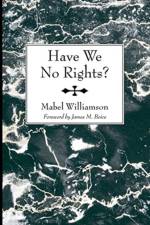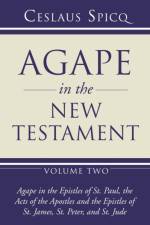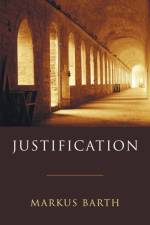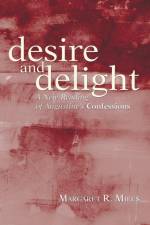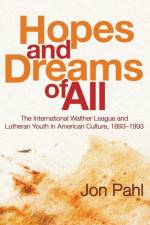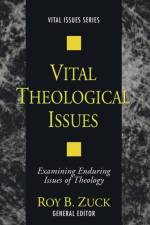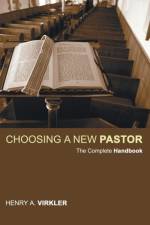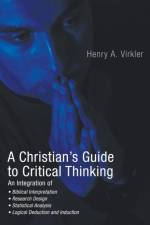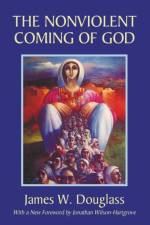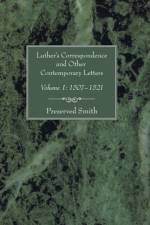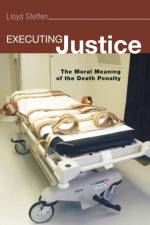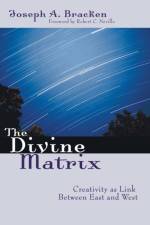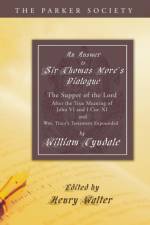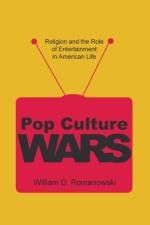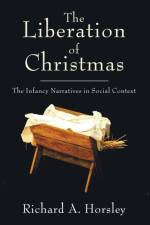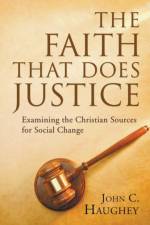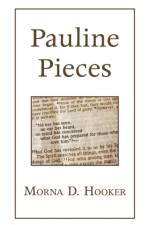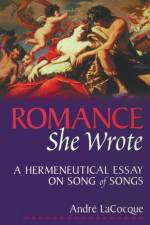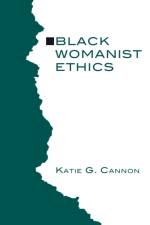av Andre LaCocque
385,-
Due in large measure to its unique literary genre, the Song of Songs has been interpreted in diverse ways. According to Andre LaCocque, this supports the notion that the issue with which any reader of the Song must come to grips is, first and foremost, a hermeneutical one.""Once in a generation a biblical scholar unlocks the hidden secrets of an entire biblical book. Building upon a thorough knowledge of the full range of ancient and modern exegesis of the Song of Songs, Andre LaCocque--the rare combination of first-rate philologist, theologian, teacher, and preacher--proves that the Song of Songs is the work of a single ancient Hebrew poetess. This poetess, LaCocque demonstrates, writes neither about sex nor about marriage but about that extremely rare occurrence of the meeting and pairing of two human souls, which the Greeks call eros 'love,' an event not so different from the equally rare meeting of a human person and God, which is often called 'religious experience.'""--Mayer I. Gruber, Ben-Gurion University of the Negev, Beersheva, Israel""Andre LaCocque has written a remarkable, postmodern study of the Song of Songs. On the one hand, it exemplifies the intertextual reading of the Bible as fully as any midrash, but on the other hand, he resists all attempts to harmonize the text with the pieties of tradition. Most of all it continues the 'critique from the margins' begun in his earlier book, The Feminine Unconventional, and shows that a senior, white, European male can have exceptional empathy with female sensitivity.""--John J. Collins, Holmes Professor of Old Testament Criticism and Interpretation, Yale Divinity SchoolAndre LaCocque is Professor of Old Testament Emeritus at Chicago Theological Seminary. He is the author of The Trial of Innocence and The Feminine Unconventional and coauthor of Thinking Biblically: Exegetical and Hermeneutical Studies.


